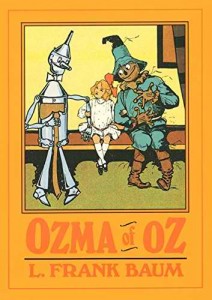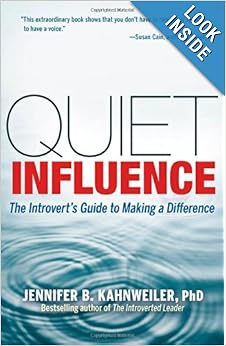Improve your speeches and deepen your family ties
Want to improve the expressiveness of your voice when you speak? Try the technique that my speaking coach taught me. It livened up my speeches. Plus, an unexpected benefit was that my twist on her technique also deepened my relationship with my husband.
Read children’s books to improve your speeches
 Ozma of Oz sent me on the path to better speaking. That’s the first book I borrowed from the library after I got my coach’s advice.
Ozma of Oz sent me on the path to better speaking. That’s the first book I borrowed from the library after I got my coach’s advice.
Her advice? Read children’s books out loud with exaggerated expression. Somehow it’s easier to speak in an extreme way when imagining a little kid listening. Plus, it’s more fun to ham it up with “You’re in a pretty fix, Dorothy Gale, I can tell you!” than with a dry statement about asset allocation or financial planning.
“Practice makes perfect,” as they say. My expressiveness grew with this technique. Of course, there was still room for improvement. But I wasn’t going to make Oz books a staple of my reading. What to do?
Read newspapers to improve your speeches and your relationships
I had an inspiration. While on a longish car ride to a bicycle trail, I asked my husband, “Can I read articles from the newspaper’s travel section to you?” We both love to travel, but my husband often doesn’t get through the entire travel section.
It’s a win-win. I practice my vocal expression; my husband absorbs travel stories he might otherwise miss. Also, it keeps the two of us talking when I might otherwise read a book.
YOUR speaking tips?
If you have tips for improving one’s speaking skills, please share. I enjoy learning from you.
By the way, if you’re looking for a speaking coach, I highly recommend Cheryl Dolan.

